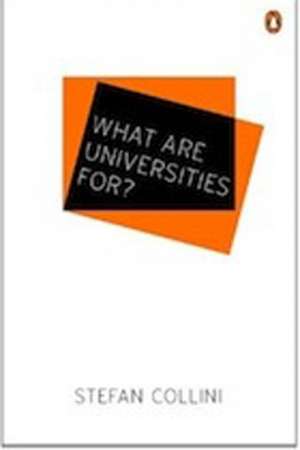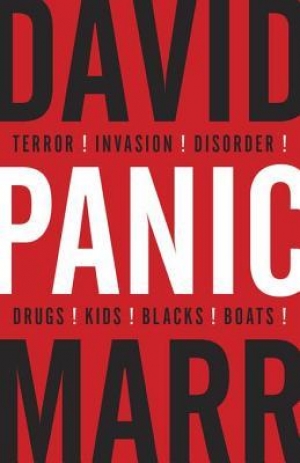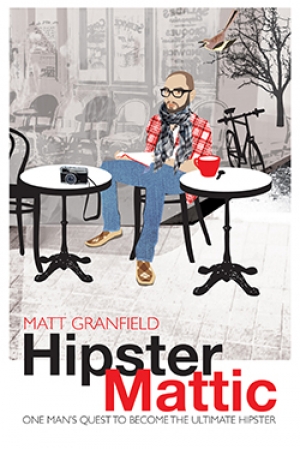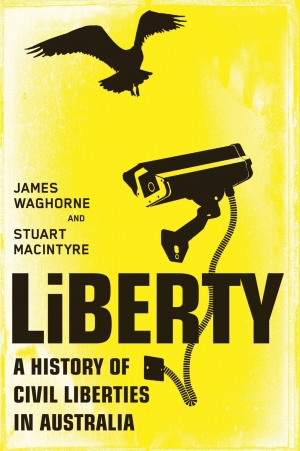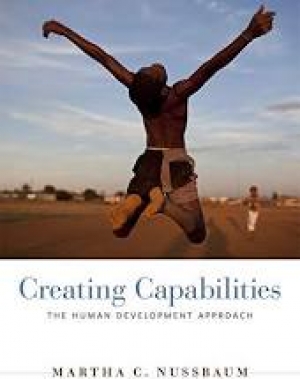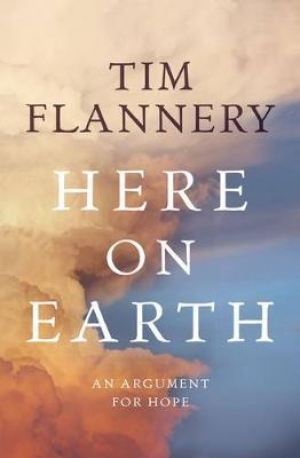Society
What happens if we take seriously the metaphor of a marketplace of ideas? Philosopher John Armstrong and economist Carsten Murawski recently tested that question in an article on theconversation.edu.au, by exploring the implications of a market logic for higher education (20 March 2012).They argued that student choice would remodel the teaching and research agendas of our universities – not instantly but over time, much as water carves out shapes in sandstone. The online response was instant, and unambiguous. Academics and doctoral students rejected the language of markets as profoundly hostile to their vision of a university. If students start paying for instruction, said one respondent, institutions will soon pander to ‘the lowest common denominator amongst student interests’.
... (read more)David Marr is not on the list of Australian living treasures, but perhaps he should be. Among our best journalists, he stands out as someone who has consistently challenged the powerful, at his best with forensic skill and deep research. Like other journalist–authors such as Anne Summers and George Megalogenis ...
... (read more)The experience of cancer by Siddhartha Mukherjee, Paul Cox, Geoff Goodfellow, and Dudley Bradshaw
In 2004 Carla Reed, a thirty-year-old kindergarten teacher, began to experience a cluster of mysterious symptoms. Bruises appeared and vanished ‘like stigmata’, and a numb headache and sudden exhaustion suggested that something was ‘terribly wrong’. Her pains were ghostly and mobile. When her doctors suggested migraines and prescribed aspirin, she demanded blood tests. She received a call to come back for more tests, and still recalls the urgency in the nurse’s voice. ‘Come now,’ Reed remembers her saying. ‘Come now.’
... (read more)In the past, a twenty-something could exemplify le dernier cri without having to dispense with his bicycle gears, reflectors, and brakes. Worry not. An infinitely cooler trend – less prone to vehicular mishap – is doubtless on its way to erase fixed-gear bikes, or ‘fixies’, from the palimpsest that is sub-cultural fashion. HipsterMattic, blogger Matt Granfield’s amusing début memoir, records his entrée into the fickle world of sartorial politics, organic produce, and National Bike Polo Championships.
... (read more)Tamas Pataki reviews 'The Joy of Secularism: 11 Essays for How We Live Now' edited by George Levine
The war of religion currently being fought with fusillades of paperbacks and feuilletons has taken a new turn. It started with an ambuscade by the ‘new’ atheists – also known as ‘militant’ or ‘Darwinian’ atheists – Richard Dawkins, Sam Harris, and the ubiquitous Christopher Hitchens (may he remain so). They were quickly joined by many sympathisers sharing the belief that peace, secularism, and rationality are under assault, not only from religious extremists, but also from the root religious ideas and attitudes that are presumed to nourish them.
... (read more)Bernard Whimpress reviews 'The Adelaide Park Lands: A Social History' by Patricia Sumerling
Novelist Janette Turner Hospital’s recent essay in praise of New York’s Central Park remarked on its visibility from outer space. No doubt Adelaide’s Park Lands, an integral part of the 1837 vision of founding surveyor Colonel William Light’s plan for the city, can also be seen from outer space.
... (read more)Terry Lane reviews 'Liberty: A History of Civil Liberties in Australia' by James Waghorne and Stuart Macintyre
In 1988 the Hawke government put a constitutional amendment to a referendum. On the recommendation of the government’s Constitution Commission, we were invited to vote to enshrine guarantees of trial by jury, property rights, and freedom of religion. The proposition was rejected by all states. There is nothing surprising in that. We almost always do vote against constitutional amendment because the politicians of the right have always succeeded in persuading us that the original document (a free trade agreement between the federating colonies) is perfect and, in any case, any proposal for change is a left-wing plot to deprive her majesty’s loyal subjects of their common law freedoms.
... (read more)Delia Falconer’s Sydney, the third in a series from NewSouth in which leading Australian authors write about their hometowns, is like its harbour, brimful with tones, vivid with contemplation ...
... (read more)Belinda Probert reviews 'Creating Capabilities: The Human Development Approach' by Martha C. Nussbaum
Martha Nussbaum has been attracting attention in the Australian press recently for her views on the importance of the humanities in university education. As the British government prepares to cut all public funding for the teaching of the humanities, social sciences, and much else besides, Nussbaum’s last book, Not for Profit: Why Democracy Needs the Humanities (2010), has been widely cited by those espousing the public benefit attached to the teaching of the humanities.
... (read more)Tim Flannery’s books are not known for their uplifting qualities. The Future Eaters (1994) and The Eternal Frontier (2001) both relate the rapid extermination of hapless (yet presumably delicious) megafauna by the human inhabitants of the Australian and North American land masses, while The Weather Makers (2005) grimly catalogues modern ...

